Orthopedic Conditions
Sharp pain in the heel? These could be the reasons!
4 min read
By Apollo 24|7, Published on - 19 August 2022, Updated on - 09 October 2023
Share this article
0
15 likes
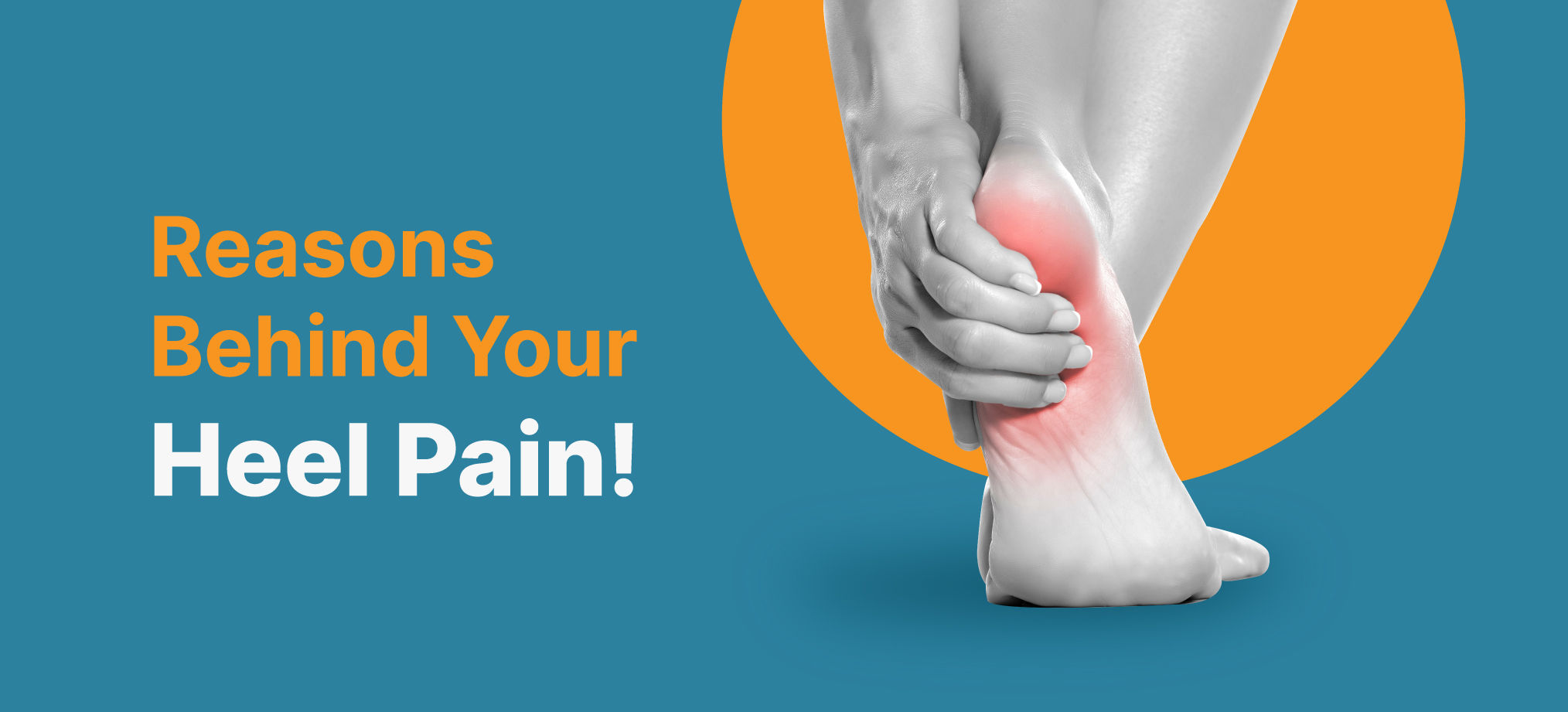
Blame our uncomfortable footwear or the lack of physical activity in our daily schedule, heel pain has become one of the most common foot issues across the globe. While it may seem like a normal issue, if not treated, it can cause serious damage to the heel. If you are experiencing sharp pain in the heel, here are some of the best remedies to heal your heel.
What are the causes of heel pain?
Heel pain can occur due to an injury, such as a twist, fall, or sometimes persistent stress. Some of the most common causes of heel pain include:
- Plantar fasciitis: The inflammation of the plantar fascia is known as plantar fasciitis. It is a bowstring-like ligament that starts from the heel bone and runs to the tip of the foot. The bases of flat footwear can stretch the plantar fascia resulting in heel pain.
- Heel bursitis: When the bursa, a fibrous sac full of fluid present at the back of the heel, gets inflamed, it results in heel bursitis. This condition usually occurs when a person lands on the heel or the pressure caused by uncomfortable footwear.
- Haglund’s deformity: A bony growth towards the back of the heel is known as Haglund’s deformity. It generally occurs when your footwear rubs against your heel’s back and irritates it, eventually causing heel pain.
- Tarsal tunnel syndrome: Tarsal tunnel syndrome occurs when a tissue compresses the large nerve in the back of the foot. It can cause pain in the heel as well as the ankle.
- Stress fracture: Sports, heavy physical work, and extreme workout sessions can cause a stress fracture in the metatarsal bones of the foot, resulting in heel pain.
- Achilles tendonitis: Excessive workouts and injury are the most common causes of Achilles tendinitis. It occurs due to the inflammation of the large tendon present at the back of the heel.
- Sever’s disease: Sever’s disease results from repetitive disturbance caused to the growth plates of the heel bone. It is most common in children aged 7 to 15 years and young adults.
Other causes of heel pain include the rupture of the Achilles tendon, tear in the plantar fascia, bone bruise, problems with circulation, poor body posture, gout, soft tissue mass, and bone cyst.
What are the symptoms of heel pain?
Heel pain symptoms mainly depend upon their underlying cause. Some of them include:
- A bony growth on the heel
- Stiffness
- Swelling
- Discolouration or bruising of the heel
- Pain on standing or sitting after being in a resting position for long
- Tenderness
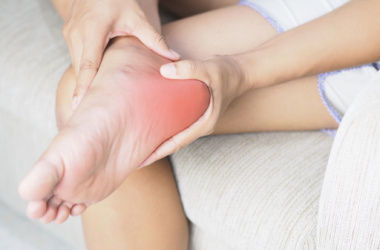
How can heel pain be treated?
Heel pain can be treated efficiently with:
1. Medication: Heel pain can be treated with the use of steroid injections or nonsteroidal anti-inflammatory drugs along with ice packs to ease the pain and swelling. Medical tapes can also help in supporting the foot arch.
2. Appliances: Custom-made shoe inserts can help in healing heel pain. Orthotics take the pressure off the heels and provide relief to the pain.
3. Exercising: Stretching exercise is one of the best therapeutic ways to recover from heel pain. You can ask your healthcare provider to show you some heel stretching exercises. It can help in loosening tight tendons and muscles. Ultrasound therapy can also help in reducing pain and inflammation.
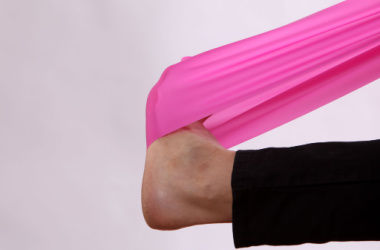
Heel pain can improve over time without the involvement of any surgeries. However, you should contact your healthcare provider to identify the cause of the pain and to decide on which exercises and therapies would be required to ease the pain. While many people overlook heel pain and continue to push their bodies with strenuous activities, it is essential to give your body proper rest if you are going through such pain. If you experience any such pain in your heels,
Consult an Apollo Orthopaedic Doctor
Medically reviewed by Dr Sonia Bhatt.
Orthopedic Conditions
Leave Comment
Recommended for you
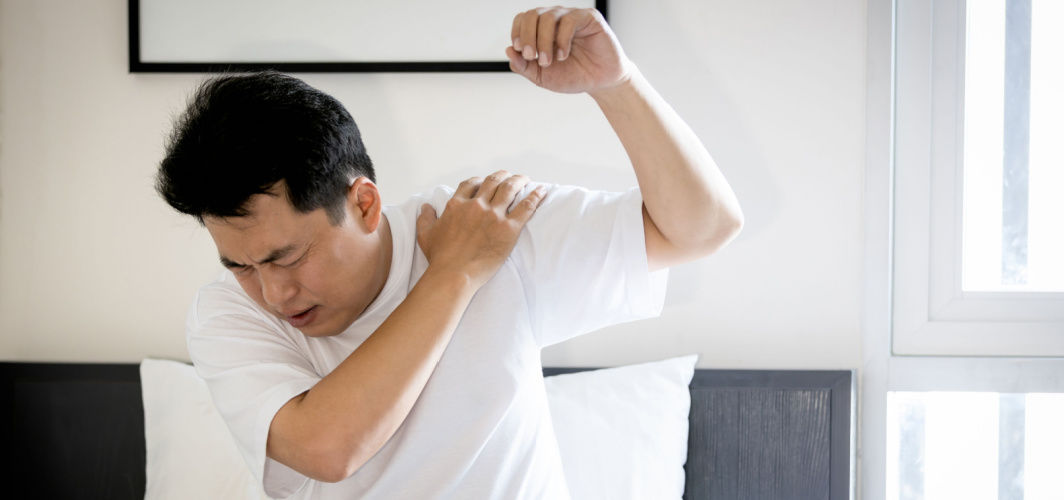
Orthopedic Conditions
Frozen Shoulder: Signs, Diagnosis & Treatment
Discover the causes, symptoms, and treatment options for a frozen shoulder. Learn how to manage this condition and regain full control of your shoulder.
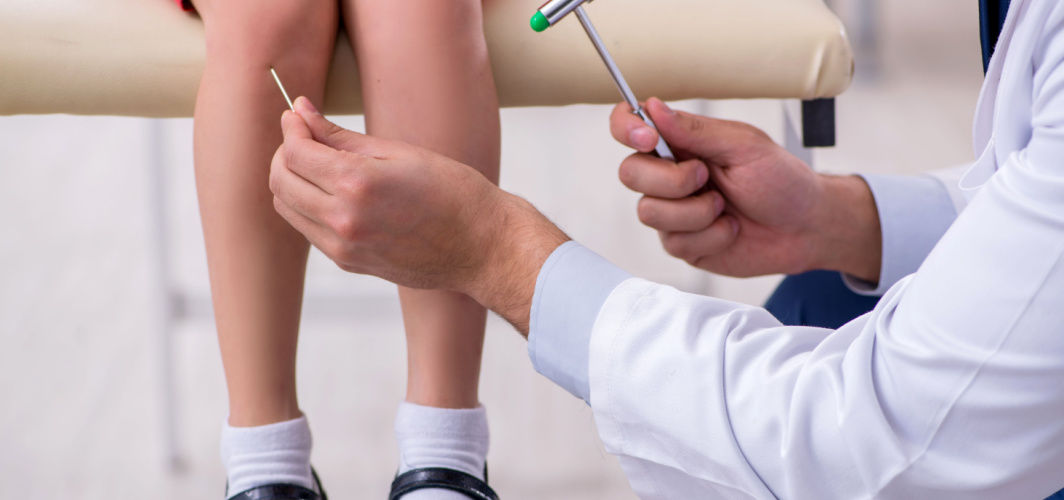
Orthopedic Conditions
Knock Knee Correction: Understanding Causes, Symptoms, and Treatment Options
Are you struggling with knock knees? Find out how knock knee correction surgery can help you straighten your legs and increase your mobility.
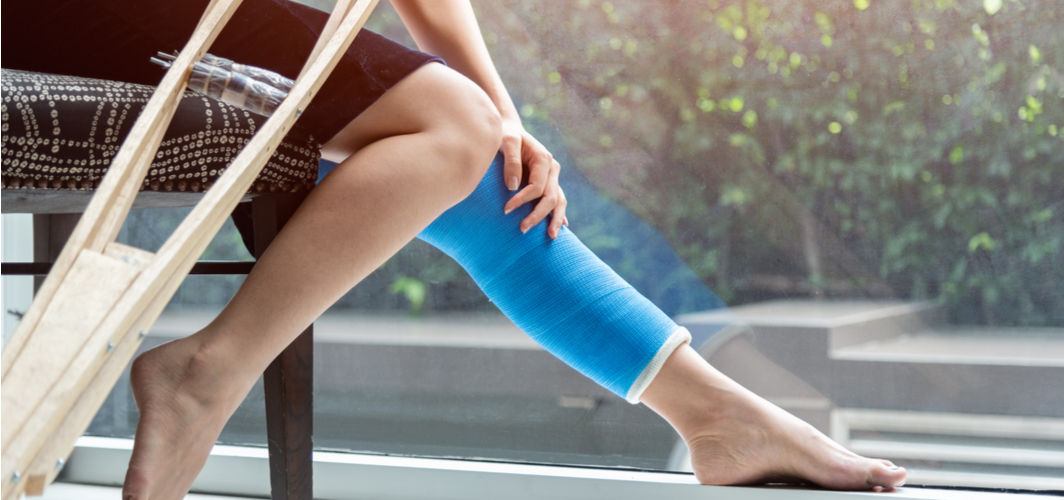
Orthopedic Conditions
Stress Fracture: Causes and Self-care Measures
Stress fractures are common injuries associated with overuse and inadequate recovery time. The key to prevention is education and risk factor modification.
Subscribe
Sign up for our free Health Library Daily Newsletter
Get doctor-approved health tips, news, and more.
Visual Stories
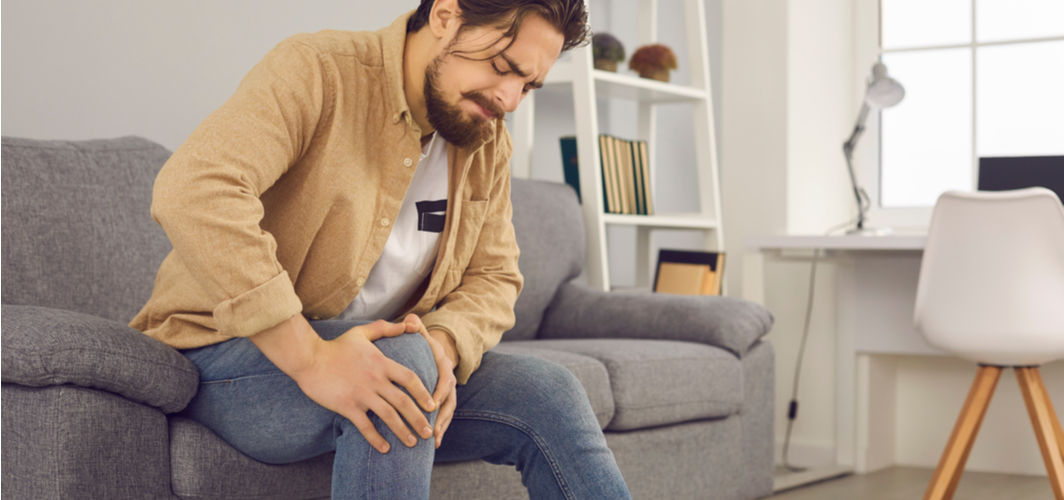
Natural Ways to Get Relief from Arthritis
Tap to continue exploring
Recommended for you

Orthopedic Conditions
Frozen Shoulder: Signs, Diagnosis & Treatment
Discover the causes, symptoms, and treatment options for a frozen shoulder. Learn how to manage this condition and regain full control of your shoulder.

Orthopedic Conditions
Knock Knee Correction: Understanding Causes, Symptoms, and Treatment Options
Are you struggling with knock knees? Find out how knock knee correction surgery can help you straighten your legs and increase your mobility.

Orthopedic Conditions
Stress Fracture: Causes and Self-care Measures
Stress fractures are common injuries associated with overuse and inadequate recovery time. The key to prevention is education and risk factor modification.